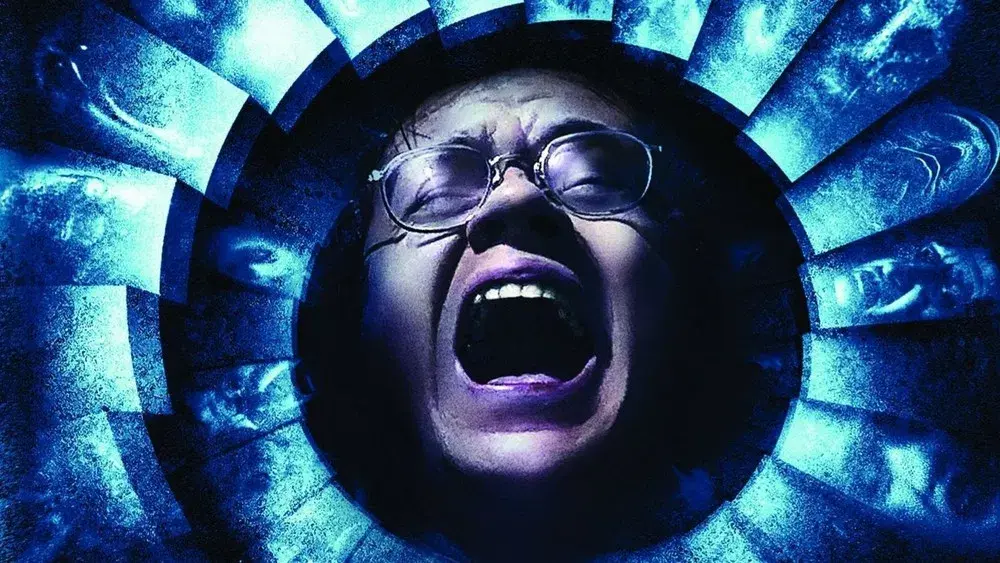The 1990s didn't invent the psychological thriller. It perfected it.
Somewhere between the Cold War ending and Y2K paranoia, Hollywood discovered that the scariest monster wasn't hiding under your bed—it was living inside your head. The decade gave us unreliable narrators who actually earned their twists, villains with psychology degrees, and endings that still spark Reddit debates.
This wasn't art house experimentation. The Silence of the Lambs swept the Oscars. Se7en traumatised a generation. Fight Club became required viewing for anyone who wanted to sound clever at parties.
But here's the thing: most "best of" lists recycle the same fifteen films and call it comprehensive. We're not doing that.
This list divides fifty films into sixteen categories because psychological thrillers aren't monolithic. Some manipulate through sex, others through paranoia. Some won awards, others went straight to video. Some you've memorised, others you've never heard of.
You're here for discoveries, not validation. Let's get into it.
The Untouchable Tier
These four films rewrote the rules.
1. The Silence of the Lambs (1991)
Jonathan Demme's masterpiece proved a film about an FBI trainee consulting a cannibal could sweep the Oscars. Anthony Hopkins appears for sixteen minutes and created cinema's most sophisticated monster.
The genius? Hannibal Lecter doesn't chase anyone. He sits in a cell and dismantles Clarice Starling psychologically whilst helping her catch another killer. Hopkins won the Oscar for barely being on screen.
Jodie Foster's Clarice isn't a superhero. She's smart, terrified, and completely outmatched by two predators simultaneously. The psychological chess match between them established the template every thriller since has borrowed.
2. Se7en (1995)
David Fincher's rain-soaked nightmare remains the decade's darkest achievement.
Brad Pitt and Morgan Freeman hunt a serial killer murdering according to the seven deadly sins. That's the setup. The execution is a meditation on evil where the killer wins, good men break, and the head in the box becomes cinema's most devastating finale.
The film influenced everything from True Detective to Zodiac. Its aesthetic—perpetual rain, grime, decay—became shorthand for psychological darkness. Kevin Spacey's John Doe orchestrates his own death to prove his point and transforms Detective Mills into a murderer.
Evil triumphs. That's the point.
3. The Usual Suspects (1995)
Bryan Singer's labyrinthine con introduced Keyser Söze to the cultural lexicon.
Kevin Spacey's Roger "Verbal" Kint spins an increasingly complex tale to investigators whilst we watch Detective Kujan piece together a mystery. The final reveal doesn't cheat—every clue was visible. We just weren't looking correctly.
The film rewards rewatches. Once you know the truth, you spot the manipulation in every frame, every line, every carefully chosen detail pulled from the detective's office walls.
4. Fight Club (1999)
Fincher's second entry became the decade's most misunderstood masterpiece.
Edward Norton's insomniac office worker meets Brad Pitt's anarchist Tyler Durden, and they start an underground fight club that evolves into domestic terrorism. The twist that they're the same person should've been ridiculous. Instead, it retroactively explains every unsettling inconsistency.
Beyond the twist, it's about dissociative identity disorder, consumer culture, and the violence beneath civilised society. The film trusted audiences to think.
Twenty-five years later, it's more relevant than ever
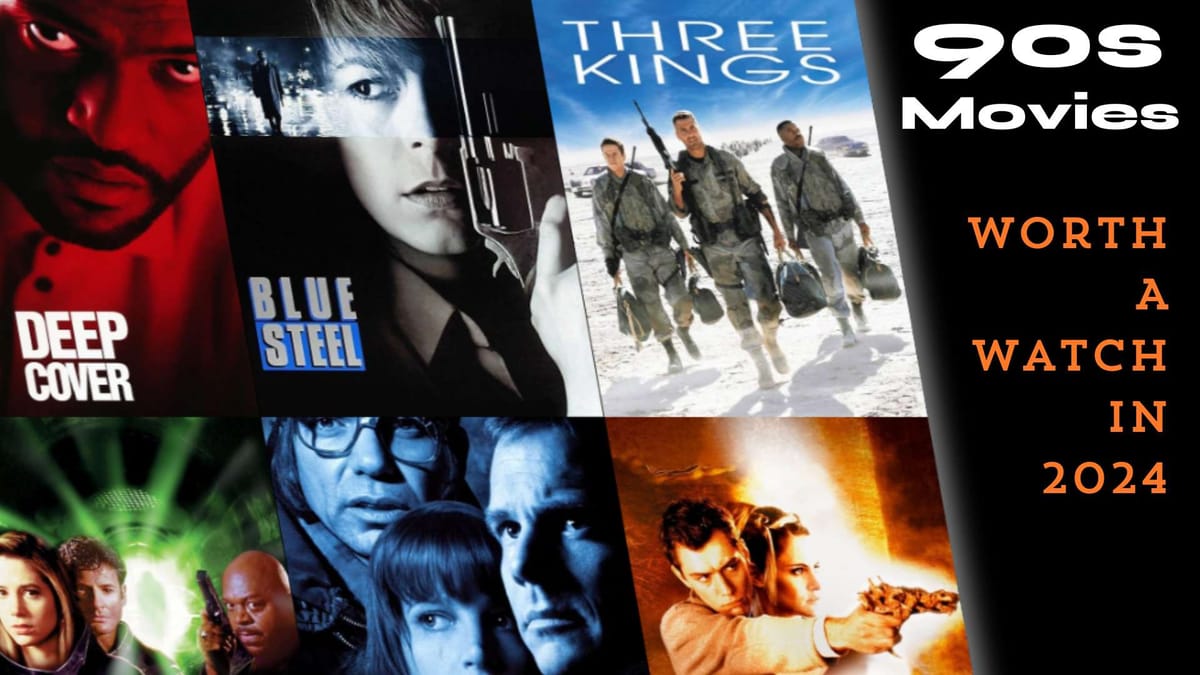
The Masterclass Tier
Pure craft. Direction, performance, and complexity critics recognised immediately.
5. Jacob's Ladder (1990)
Adrian Lyne's hallucinogenic nightmare follows Vietnam veteran Jacob Singer as reality dissolves.
Tim Robbins delivers a career-best performance as a man who can't distinguish memory from delusion. Silent Hill owes its entire aesthetic to this film. The psychological disintegration creates genuine dread without cheap scares.
Is Jacob dying, insane, or experiencing drug-induced psychosis? The ambiguity is the horror.
6. The Game (1997)
Fincher's most underappreciated film traps Michael Douglas in an elaborate "game" that systematically dismantles his life.
Wealthy banker Nicholas receives a mysterious gift from his brother. Entertainment becomes psychological warfare. We're never certain what's real, who's involved, or whether Nicholas is genuinely in danger.
That final reveal leaves enough ambiguity to fuel endless debates. Was it really all planned?
7. Eyes Wide Shut (1999)
Stanley Kubrick's final film divided audiences but created an unforgettable psychological dreamscape.
Tom Cruise's Dr. Bill Harford embarks on a nocturnal odyssey through New York's sexual underworld after his wife confesses to a fantasy affair. The infamous orgy sequence operates as both literal event and psychological manifestation of his jealousy.
Cruise delivers his finest performance. Kubrick's use of Christmas lights and empty streets creates a New York that exists solely in Bill's fractured psyche.
8. Lost Highway (1997)
David Lynch doesn't make thrillers—he makes psychological Rorschach tests.
Jazz musician Fred Madison is accused of murdering his wife, then inexplicably becomes mechanic Pete Dayton mid-story. The identity swap isn't explained. The mystery isn't solved. Dream logic replaces narrative logic.
Bill Pullman and Balthazar Getty both play aspects of the same fractured psyche. Patricia Arquette embodies two versions of the femme fatale. Lynch explores guilt, denial, and the stories we construct to escape unbearable truths.
Not for everyone. Perfect for some.
The Solid Gold Tier
Beloved classics that earned their reputations.
9. Misery (1990)
Rob Reiner transformed Stephen King's novel into claustrophobic nightmare fuel.
James Caan's novelist crashes during a blizzard and wakes in the home of his "number one fan" Annie Wilkes. Kathy Bates won the Oscar for creating a monster who believes she's the hero.
The hobbling scene is infamous. The real horror is psychological—Annie's mood swings from nurturing to violent in seconds. Bates created obsessive fandom personified.
10. Cape Fear (1991)
Martin Scorsese remade the 1962 thriller and amplified everything.
Robert De Niro's Max Cady emerges from prison biblically-obsessed and determined to psychologically destroy the lawyer who betrayed him. Scorsese embraces the pulp whilst crafting genuine complexity about guilt, failed marriages, and moral compromise.
De Niro makes Cady simultaneously terrifying and fascinating. His biblical quotes and legal manipulation culminate in psychological terrorism as performance art.
11. The Sixth Sense (1999)
M. Night Shyamalan's breakthrough changed the game for twist endings.
Haley Joel Osment sees dead people. Bruce Willis' psychologist tries helping him whilst confronting his own failures. The twist works because the entire film is about Malcolm's psychological denial.
Every scene, every interaction, every moment of isolation—it's all visible. We just interpreted it wrong.
The film becomes richer on rewatch once you understand what you're actually witnessing.
12. Primal Fear (1996)
Gregory Hoblit's courtroom thriller introduced Edward Norton in a star-making performance.
Defence attorney Martin Vail (Richard Gere) defends altar boy Aaron Stampler, accused of murdering an archbishop. Aaron claims a violent alter ego named Roy exists.
Norton switches between terrified Aaron and aggressive Roy with frightening ease. That final reveal—Aaron conning everyone, Roy being the real personality—remains one of cinema's most satisfying twists.
Norton's smirk in the closing seconds is perfection.
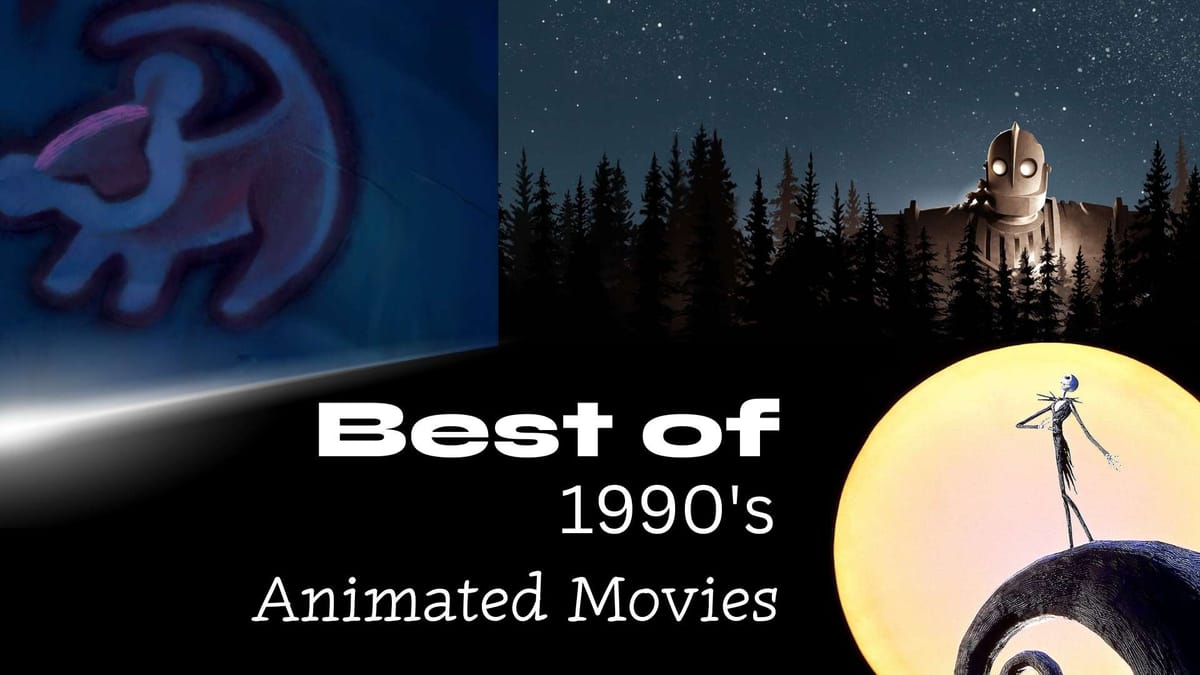
The "How Did We Forget These?" Tier
These deserved better.
13. Arlington Road (1999)
Mark Pellington's domestic terrorism thriller asked uncomfortable questions years before 9/11.
Jeff Bridges plays a widowed professor convinced his suburban neighbour is a terrorist. Is Michael paranoid from grief, or genuinely uncovering a conspiracy?
That ending—genuinely bleak, genuinely unexpected—goes where most thrillers won't. It's the rare film suggesting paranoia might be justified.
14. Copycat (1995)
Sigourney Weaver plays an agoraphobic psychologist helping Holly Hunter catch a killer copying famous murders.
The film explores trauma's aftermath—Helen's panic attacks, her inability to leave her apartment, her need to solve crimes from a distance. Weaver's nuanced performance elevates standard serial killer material.
Copycat got buried by Se7en but deserves rediscovery.
15. Dead Again (1991)
Kenneth Branagh's neo-noir reincarnation thriller shouldn't work—too stylish, too convoluted, too deliberately old-fashioned.
But it absolutely does.
Branagh plays both 1940s composer and 1990s detective investigating a mute woman plagued by past-life memories. Robin Williams appears as a disgraced psychiatrist, chewing scenery magnificently.
This is 90s cinema at its most unapologetically theatrical.
16. Dolores Claiborne (1995)
Taylor Hackford's Stephen King adaptation focuses on psychological abuse rather than supernatural horror.
Kathy Bates plays Dolores, a Maine housekeeper accused of murdering her employer whilst her estranged daughter returns home to confront buried family trauma. The fractured timeline reveals years of domestic abuse and the lengths a mother goes to protect her daughter.
Bates delivers one of her finest performances—tough, unrepentant, damaged.
17. Malice (1993)
Harold Becker's erotic thriller layers twist upon twist.
Alec Baldwin's god-complex surgeon, Nicole Kidman's scheming wife, Bill Pullman's cuckolded husband—everyone's manipulating everyone. Baldwin's courtroom monologue—"I am God"—became instantly iconic.
Just when you understand the con, another layer reveals itself. Malice vanished from memory despite being exactly the kind of slick, smart thriller the 90s did best.
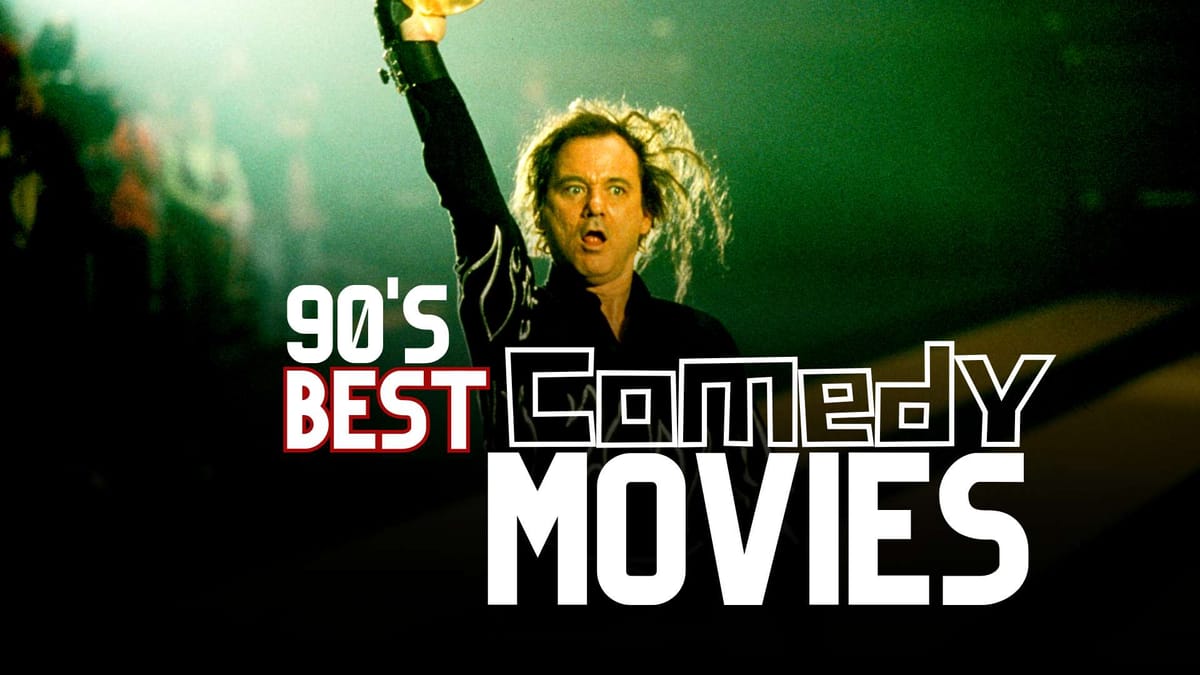
The Guilty Pleasures That Actually Deliver
Genre films with genuine psychological depth beneath the surface thrills.
18. Basic Instinct (1992)
Paul Verhoeven's erotic thriller sparked controversy and became a cultural phenomenon.
Michael Douglas' detective falls for murder suspect Catherine Tramell (Sharon Stone), whose novels mirror real crimes. The infamous interrogation scene overshadowed genuine psychological gamesmanship.
Stone and Douglas engage in sexual warfare where every encounter is manipulation. Who's the predator? The ambiguity drives everything.
19. Single White Female (1992)
Barbet Schroeder's domestic thriller taps primal fears of identity theft.
Bridget Fonda advertises for a roommate and gets Hedy (Jennifer Jason Leigh), who slowly mirrors her appearance, steals her identity, and destroys her life. Leigh transforms potentially campy material into genuine psychological horror.
The puppy death traumatised a generation. The haircut became iconic.
20. Flatliners (1990)
Joel Schumacher's stylish thriller follows medical students inducing near-death experiences.
Kiefer Sutherland, Julia Roberts, Kevin Bacon, and Oliver Platt discover their guilt manifests as physical threat upon revival. The psychological premise—confronting past traumas given supernatural form—works better than execution sometimes allows.
Flawed, uneven, absolutely compelling.
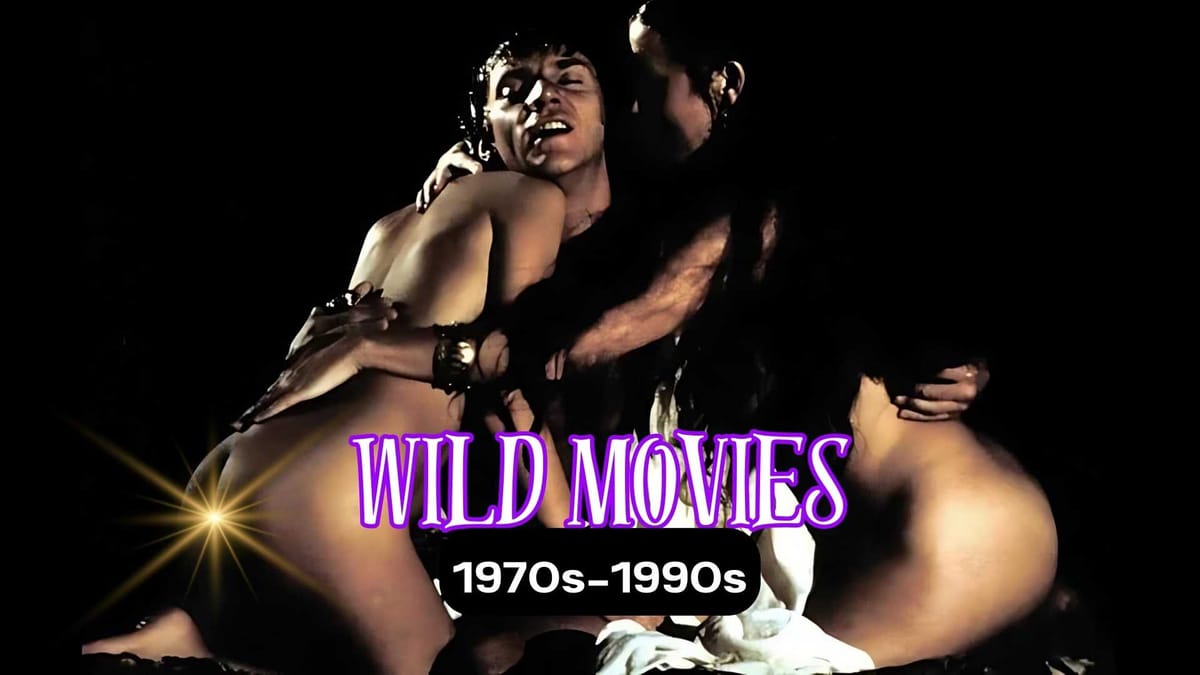
The Hidden Gems Tier
Not obscure because they're bad. Obscure because marketing failed.
21. Fallen (1998)
Gregory Hoblit's supernatural thriller stars Denzel Washington hunting a body-hopping demon that transfers through touch.
How do you catch something that can inhabit anyone? The Rolling Stones' "Time Is On My Side" becomes a weapon. The demon possesses random strangers who sing the song, then disappear into crowds.
That ending refuses comfort. Good doesn't triumph through determination.
22. Stir of Echoes (1999)
David Koepp's working-class haunting stars Kevin Bacon as a phone lineman receiving visions after hypnosis.
This grounds the supernatural in blue-collar Chicago reality—no misty cinematography or emotional catharsis. Just a regular guy whose life unravels as violent visions intrude. Bacon's psychological breakdown feels authentic: obsessive digging in his backyard, alienating his wife, endangering his son.
The film opened two weeks after The Sixth Sense and got completely overshadowed despite being an entirely different kind of supernatural thriller. Where Shyamalan went for emotional payoff, Koepp delivers raw, visceral paranoia.
Stir of Echoes deserved better than being a footnote to 1999's supernatural thriller moment.
23. The Minus Man (1999)
Hampton Fancher's serial killer character study stars Owen Wilson against type.
Wilson plays Vann, a soft-spoken drifter who poisons people almost apologetically. His performance is revelatory—gentle, polite, utterly chilling. Vann sees himself as helpful, putting suffering people out of their misery.
This predates Wilson's comedy stardom and showcases range nobody knew he possessed.
24. U Turn (1997)
Oliver Stone's neo-noir fever dream traps Sean Penn in Superior, Arizona, where everyone's corrupt.
Penn's drifter just wants to fix his car. Instead he's pulled into adultery, murder, and manipulation. Stone shoots this like a hallucinogenic nightmare—swirling cameras, saturated colours, paranoid energy.
Billy Bob Thornton, Jennifer Lopez, Nick Nolte, Jon Voight—everyone's playing amplified grotesques. It flopped commercially. It's Stone at his most unhinged.
25. Final Analysis (1992)
Phil Joanou's erotic thriller casts Richard Gere as a psychiatrist drawn into Hitchcockian manipulation.
Kim Basinger plays his patient's sister, trapped in an abusive marriage. The gaslighting, the question of who's playing whom—it's gloriously twisted. The film embraces 90s excess but beneath the melodrama lies genuine complexity about transference and obsession.
Here's the thing: Final Analysis got unfairly dismissed because of typecasting baggage. Gere couldn't shake Pretty Woman's romantic hero image, and critics couldn't take him seriously as a morally compromised psychiatrist. Basinger faced similar issues—after 9½ Weeks, she was pigeonholed as "the erotic thriller actress" rather than getting credit for actual performance.
The film's reputation suffered not because it failed, but because audiences and critics brought preconceptions that had nothing to do with what was on screen.
Deserves rediscovery without that baggage.
The International Powerhouses
The psychological thriller wasn't exclusively American.
26. Audition (1999)
Takashi Miike's Japanese horror-thriller begins as gentle romance before transforming into nightmare.
Widowed Aoyama holds fake auditions to meet women and falls for soft-spoken Asami. The film's second half reveals her psychological damage through increasingly disturbing revelations.
The torture sequence became infamous. The real horror is psychological—the slow reveal of Asami's past, her dissociative behaviour, the suggestion that objectification justifies revenge. Miike never clarifies what's real versus guilt-induced hallucination.
27. The Vanishing (Spoorloos) (1988)
George Sluizer's Dutch thriller got American remake treatment in 1993, but the original remains superior.
A man's girlfriend disappears at a rest stop. His three-year obsession to learn her fate leads him to the kidnapper—who offers to show him exactly what happened.
The psychological horror lies in knowing. The kidnapper is rational, articulate, ordinary. His motivations stem from psychological curiosity rather than pathology. The protagonist's need for closure overrides self-preservation.
That ending—which the American remake infamously changed—delivers psychological horror more disturbing than any gore.
28. Funny Games (1997)
Michael Haneke's Austrian home invasion thriller is meta-commentary disguised as genre exercise.
Two polite young men take a family hostage and force them into sadistic "games." But Haneke constantly breaks the fourth wall. The killers address the camera. They rewind the film when outcomes don't satisfy them.
The psychological manipulation extends beyond characters to the audience. Haneke forces us to confront why we watch violence.
Confrontational, uncomfortable, genuinely challenging.
29. Run Lola Run (1998)
Tom Tykwer's German thriller explores psychological pressure through time loops before it was fashionable.
Lola has twenty minutes to find 100,000 marks. We watch three versions of her run through Berlin, each with different outcomes based on tiny variations.
The kinetic energy—pounding techno, split screens, animation—mirrors Lola's psychological state. Each loop reveals new facets of characters we thought we understood.
Run Lola Run influenced everything from 24 to Edge of Tomorrow.
The Erotic Thriller Subspecies
The 90s owned this subgenre.
30. Poison Ivy (1992)
Kathy Shea's directorial debut stars Drew Barrymore as teenage sociopath infiltrating a wealthy family.
Barrymore's Ivy seduces the father, befriends the daughter, and systematically destroys the family unit. The psychological manipulation is textbook—identify vulnerability, offer support, exploit dependency, replace the mother.
This spawned three sequels but the original remains the only one with genuine depth.
31. Body of Evidence (1993)
Uli Edel's erotic courtroom thriller stars Madonna accused of using violent sex to murder her wealthy lover.
The film flopped spectacularly—too explicit for mainstream, too silly for art house. But the core question—can sex be a murder weapon?—is genuinely interesting. Madonna's fearless performance makes this more substantive than its reputation suggests.
Trashy, absolutely. But genuinely trying to explore sexual power dynamics.
32. The Last Seduction (1994)
John Dahl's neo-noir stars Linda Fiorentino as Bridget, a femme fatale who steals drug money and manipulates local Bill Pullman into doing her dirty work.
Fiorentino delivers one of the decade's best performances—calculating, sexually aggressive, utterly without conscience. Bridget is the rare female villain allowed to be purely evil without redemption arc.
Made for HBO, limiting its impact. Deserves recognition as one of the 90s finest neo-noirs.
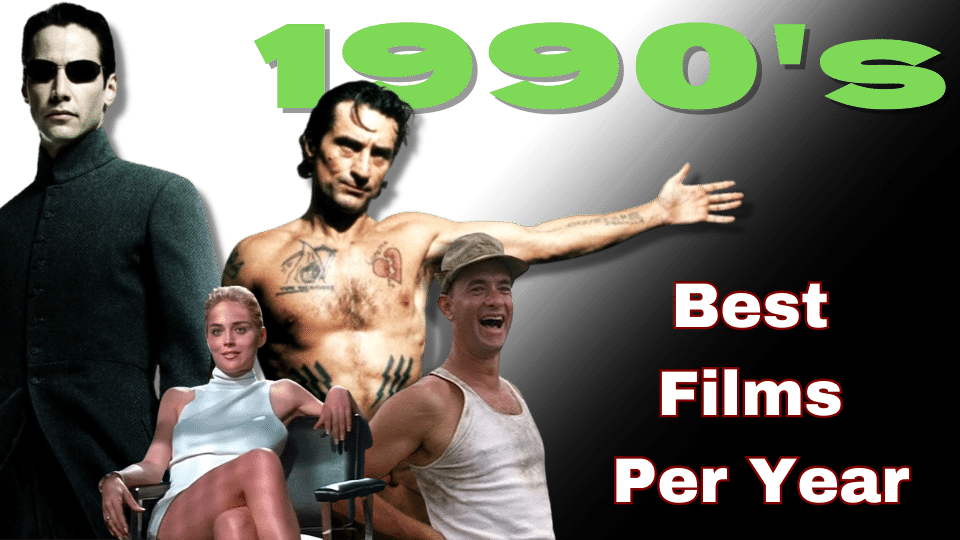
The Indie/Festival Circuit Discoveries
Films that premiered at festivals then struggled to find distribution.
33. Swimming with Sharks (1994)
George Huang's Hollywood satire doubles as psychological revenge thriller.
Frank Whaley's assistant kidnaps his abusive boss (Kevin Spacey) and tortures him. The flashback structure reveals psychological damage of Hollywood culture—humiliation, powerlessness, slow erosion of dignity.
Spacey's Buddy Ackerman became career-defining. His profane monologues about survival remain quotable.
This is Misery set in Hollywood.
34. Kalifornia (1993)
Editor's Pick
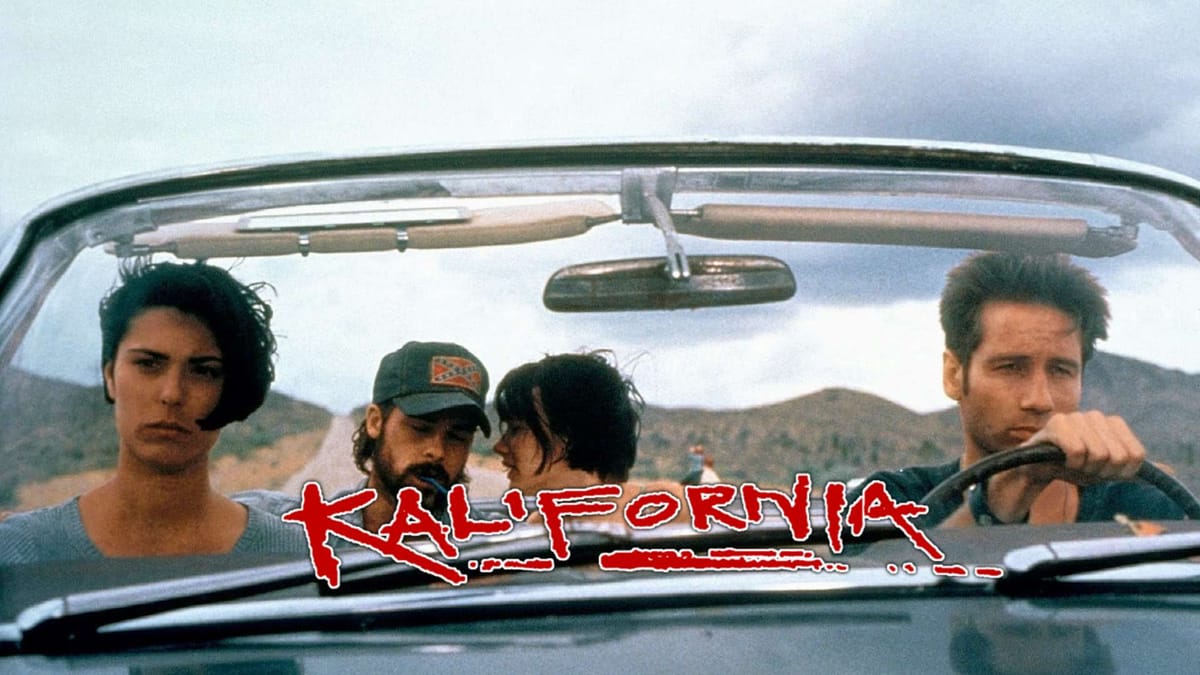
Dominic Sena's serial killer road movie pairs magazine journalist Brian (David Duchovny) with working-class couple Early (Brad Pitt) and Adele (Juliette Lewis).
The journalists are researching serial killers. Unfortunately, Early is one.
Pitt's performance as white-trash psychopath showcased his range years before Fight Club. The psychological dynamic—educated liberals forced to confront violence they'd intellectualised—creates unbearable tension.
One of the decade's most underrated thrillers.
35. The Rapture (1991)
Michael Tolkin's Sundance hit follows Mimi Rogers' Shannon, a telephone operator who converts to evangelical Christianity and awaits the apocalypse.
When it doesn't arrive on schedule, her psychological breakdown intensifies. Rogers delivers a fearless performance as a woman whose faith transforms into delusion—or perhaps genuine prophecy.
The ambiguity is intentional and disturbing. Essential viewing for psychological portraits of belief pushed to extremes.
The Made-for-TV/Cable Movies That Transcended
Cable produced theatrical-quality thrillers.
36. Don't Look Back (1996)
Geoff Murphy's HBO thriller stars Eric Stoltz as Jesse, a man in witness protection experiencing someone else's memories.
The identity confusion—which memories are real?—creates horror grounded in paranoia. Jesse can't trust his mind, his past, or anyone claiming to know him.
Cable production meant limited audiences, but this deserves mention alongside theatrical releases.
The "Wrong Place, Wrong Time" Box Office Casualties
Good films killed by timing, marketing, or bad luck.
37. Dark City (1998)
Alex Proyas' neo-noir science fiction thriller arrived weeks before The Matrix and got buried.
Rufus Sewell wakes with no memory in a city where mysterious Strangers manipulate reality. The psychological horror of manipulated memory and manufactured identity creates existential dread.
Dark City influenced the Wachowskis. This is genuine science fiction psychological masterpiece that deserved better.
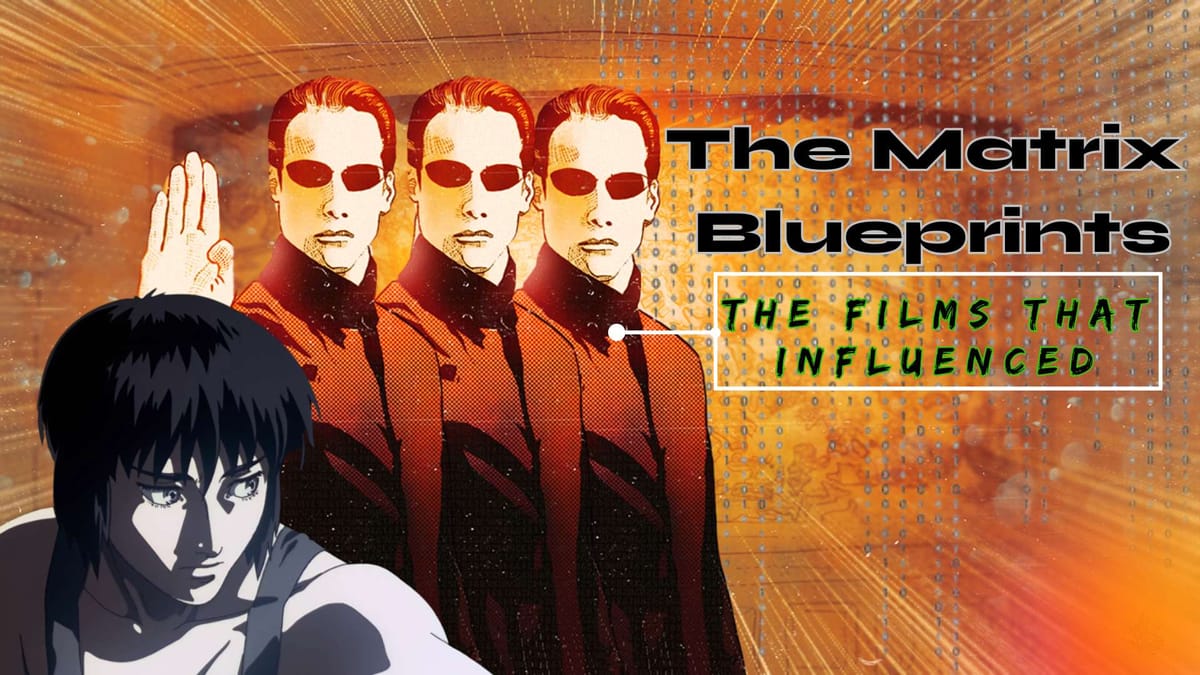
38. The Cell (2000)
Editor's Pick
Tarsem Singh's visual feast follows a psychologist (Jennifer Lopez) entering a comatose serial killer's mind.
The surreal mindscapes—baroque, disturbing, beautiful—create psychological horror through imagery. The finale in the killer's childhood memories is genuinely haunting.
Flopped but gained cult status for stunning production design and psychological ambition. As always, my main man Vincent D'Onofrio brings the heat!
39. eXistenZ (1999)
David Cronenberg's virtual reality nightmare released the same year as The Matrix and couldn't compete.
Jennifer Jason Leigh plays a game designer whose latest creation blurs virtual and real. Body horror—organic game pods plugging into spinal ports—combines with psychological uncertainty.
Are characters still in the game? Have they ever left? Cronenberg refuses clear answers.
The Tech-Paranoia Thrillers
The 90s coincided with the internet's mainstream emergence. These captured digital anxiety.
40. The Net (1995)
Irwin Winkler's cyber-thriller stars Sandra Bullock as a systems analyst whose identity is erased.
She has no proof of who she is—records deleted, face altered in databases, life stolen. The premise seems quaint now, but in 1995 this tapped genuine fears.
The psychological horror of invisible powerlessness, of shouting whilst no one believes you—it's Kafkaesque paranoia for the information age.
41. Enemy of the State (1998)
Tony Scott's surveillance thriller feels prophetic now.
Will Smith's lawyer accidentally receives evidence of political murder and becomes NSA surveillance target. Gene Hackman appears as former NSA agent, essentially reprising his The Conversation role decades later.
Post-Snowden, this plays less like thriller and more like documentary.
The Direct-to-Video Surprises
Not every thriller got theatrical release.
42. Normal Life (1996)
John McNaughton's crime thriller stars Luke Perry and Ashley Judd as bank robbers, but it's really about his PTSD and their codependent spiral.
McNaughton (who directed Henry: Portrait of a Serial Killer) brings psychological intensity to straightforward crime drama. The domestic scenes—arguments, reconciliations, cyclical violence—create genuine tension.
Went direct-to-video despite quality deserving theatrical release.
The Neo-Noir Mind Games
Classic noir tropes with 90s psychological complexity.
43. Bound (1996)
The Wachowskis' pre-Matrix debut stars Gina Gershon and Jennifer Tilly as lovers who con Tilly's mobster boyfriend.
Almost entirely set in an apartment building. The claustrophobic setting mirrors the psychological trap tightening. Every shot matters. Every prop returns as plot device.
The Wachowskis demonstrating mastery of tight, character-driven storytelling before embracing sprawling epics.
44. Red Rock West (1993)
Editor's Pick
John Dahl's neo-noir traps Nicolas Cage's drifter in mistaken identity.
A bar owner mistakes him for a hired killer and offers money to murder his wife. Cage takes the money, warns the wife, and gets pulled deeper into small-town corruption.
Every attempt to escape makes things worse. Dennis Hopper appears as the real hitman. Pure noir mechanics with psychological depth.
45. One False Move (1992)
Carl Franklin's neo-noir follows two Los Angeles criminals fleeing to Arkansas.
Bill Paxton plays the small-town sheriff excited to assist investigation. Billy Bob Thornton co-wrote the script. The psychological complexity emerges slowly—the criminals' relationship to their hostage, the sheriff's connection to their shared past.
Patient, character-driven filmmaking that trusts audiences.
The "Based on True Crime" Obsession
Real cases explored through psychological lenses.
46. Heavenly Creatures (1994)
Peter Jackson's pre-LOTR masterpiece tells the true story of two New Zealand teenage girls whose intense friendship culminated in murder.
Melanie Lynskey and Kate Winslet (film debut) play Pauline and Juliet, who create elaborate fantasy worlds blurring with reality. The psychological portrait of folie à deux—shared psychosis—is handled with surprising empathy.
Jackson never mocks their fantasy life or dismisses their bond. But he doesn't excuse the violence when parents tried separating them.
47. Murder in the First (1995)
Editor's Pick
Marc Rocco's courtroom drama stars Kevin Bacon as Henri Young, subjected to three years solitary confinement in Alcatraz.
Christian Slater plays the lawyer arguing this psychological torture made Young incapable of premeditated murder. Bacon's performance captures psychological destruction—twitches, dissociation, childlike regression.
The true story was substantially altered, but the horror of prolonged isolation remains accurate.
48. Reversal of Fortune (1990)
Barbet Schroeder's adaptation stars Jeremy Irons as Claus von Bülow, accused of attempting to murder his wife with insulin.
Irons won the Oscar for playing an inscrutable aristocrat who may be innocent, guilty, or simply unknowable. The film's structure—narrated by comatose Sunny—creates psychological distance.
We never fully know what happened. The psychological puzzle of von Bülow's true nature drives everything.
The Mind-Bending Oddities
Too weird to categorise. Too good to exclude.
49. In the Mouth of Madness (1994)
John Carpenter's Lovecraftian meta-horror follows insurance investigator Sam Neill searching for missing horror novelist Sutter Cane.
Neill discovers Cane's fictional town exists, his novels predict reality, and the line between fiction and truth has dissolved. The psychological breakdown of reality itself creates existential dread.
Are we watching Neill's investigation or Cane's novel made manifest? Carpenter refuses clarity.
Carpenter's most ambitious psychological experiment deserves rediscovery.
50. In the Company of Men (1997)
Neil LaBute's directorial debut is savage psychological character study disguised as indie drama.
Aaron Eckhart and Matt Malloy play corporate colleagues who decide to date the same deaf woman simultaneously, then dump her cruelly to restore their masculine confidence.
The psychological cruelty—calculated, petty, misogynistic—creates genuine discomfort. LaBute explores toxic masculinity years before the term entered common usage.
Not a thriller in conventional sense. But the psychological manipulation earns its place.
What This Decade Taught Us
The 1990s psychological thriller trusted audiences with complexity.
Some won Oscars. Others went straight to video. Some became phenomena whilst others remain overlooked. But all contributed to cinema's richest decade for psychological storytelling.
The twist ending became shorthand for the era, but that misses the point. These films understood that the scariest threats aren't external—they're internal.
We're still living in the shadow of what the 90s achieved. Every unreliable narrator, every slow reveal, every exploration of fractured identity—they owe something to this decade.
The calls were coming from inside the house. And the house was your own mind.

